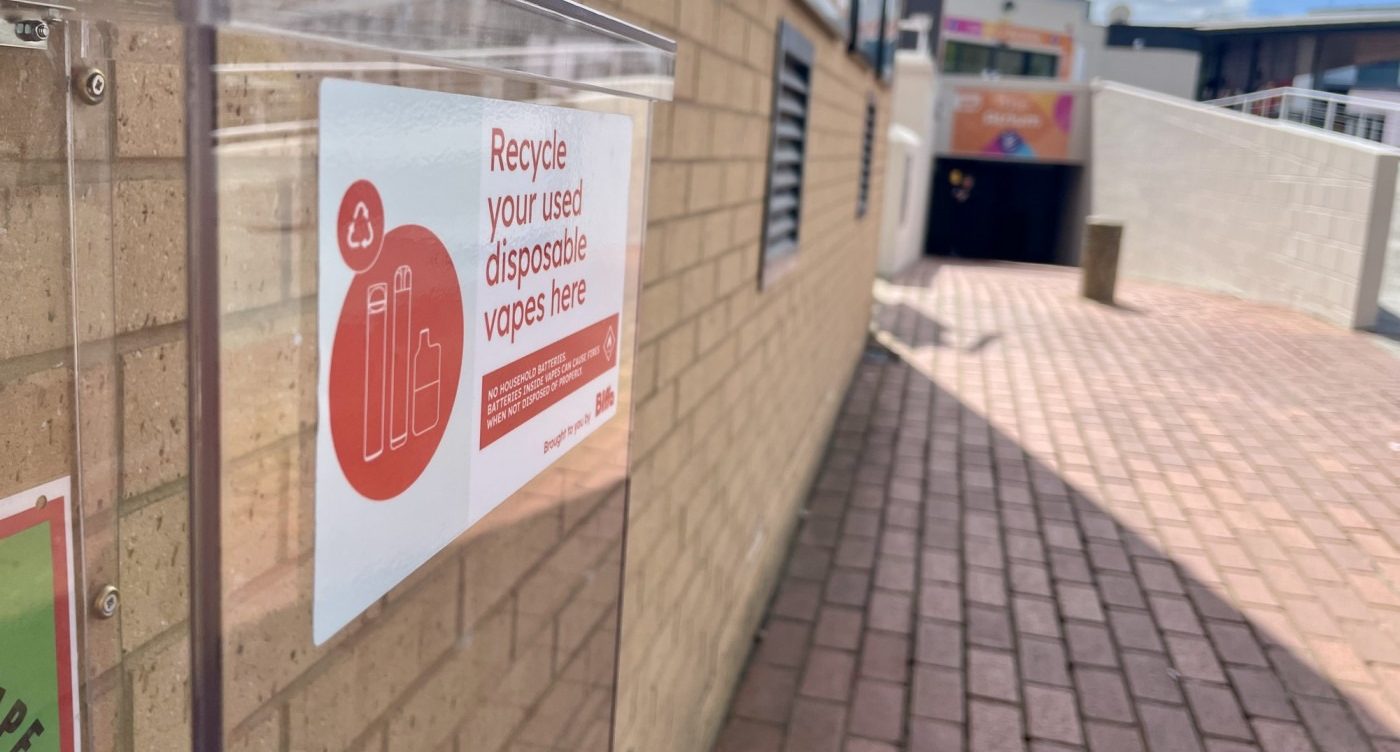Warwick launches new campus disposable vape recycling initiative
The University of Warwick has unveiled two disposable vape upcycling points on campus, as part of a new trial for Term 3.
These vape upcycling points have been installed in preparation for students to return to campus for the beginning of the summer term. The bins have been supplied by Biffa, the waste management company that serves the University.
The points, two clear mounted bins, are located outside the library, near the footbridge stairs, and outside the SU building, beside the entrance.
The disposable vapes disposed of at these points will be reused and upcycled.
A University statement said that the trial had been launched in response to the increased popularity of vaping on campus.
A poll of 6,000 students by student tabloid, The Tab, in February 2024 claimed that over half of respondents – 57% – were addicted to disposable vapes.
Whilst more established institutions have yet to conduct similar research, a 2022 survey by the Office of National Statistics (ONS) estimated that approximately 225,000 women aged between 16 and 24 vape daily.
The University of Warwick’s trial also hopes to raise awareness of the dangers of the incorrect disposal of disposable vapes.
If disposable vapes are put in a nonspecific waste stream, such as a general waste bin or a recycling bin, there can be detrimental effects on the environment, as well as severe risks in the waste disposal process.
If the Lithium battery cell is ruptured [when vapes are incorrectly crushed] it can cause the vehicle to catch fire
Robert Seymour, Campus Waste and Recycling Supervisor
Robert Seymour, Waste and Recycling Supervisor at the University of Warwick, highlighted the importance of educating students on the hazards of incorrect vape disposal.
He said: “When vapes are thrown into the wrong waste stream, the waste management company are unaware that the vapes are in the bins. The bin contents are then lifted and crushed on site.
“If the Lithium battery cell is ruptured in this process it can cause the vehicle to catch fire.”
If successful, the trial of specific upcycling points for disposable vapes could have a big impact on the environment, and minimise the dangers that can occur from the incorrect disposal of these products.
While the University takes steps to address vaping amongst older students, concerns have increasingly risen over an apparent vaping epidemic amongst secondary school-aged pupils.
Research by the health charity Action on Smoking and Health (ASH) in June 2023 found that nearly 8% of 11–17-year-olds vaped, up from 4% just three years prior. As many as 20% of children surveyed had tried vaping.
Warnings from health experts prompted the British Government to announce a ban on disposable vapes “to protect children’s health” in January 2024.

Comments